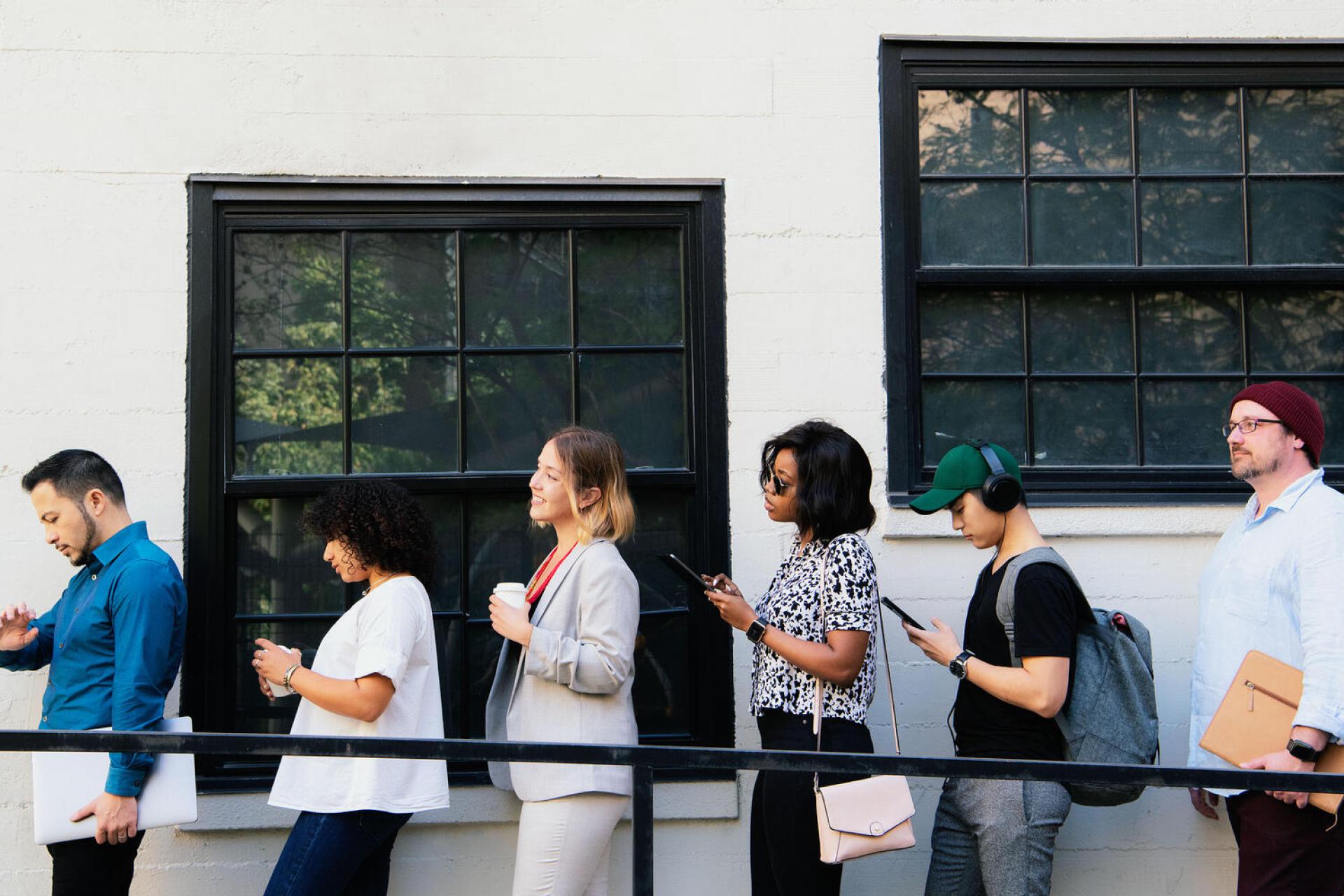Read Aisha Benson’s full blog here and see key points below.
Here’s what is hanging in the balance:
The immediate financial viability of nonprofits. To ease current conditions, we recommend the City:
Make low-cost bridge loans available to nonprofits by replicating the Minority and Women-Owned Business Enterprise (MWBE) contractor financing loan fund program. The program, an interest-rate buy-down partnership with two Community Development Financial Institutions, provides a substantially reduced interest rate (3 percent) to MWBE contractors with City contracts. During the height of the COVID pandemic, the rate was reduced to 0 percent. Nonprofits are in a time of crisis now, and should have a program like this available. If the City’s budget is too thin, this is a place where philanthropic foundations could step in and provide support or 0 percent-3 percent capital. To give a sense of what it would cost: An investment of approximately $600,000 from the City or philanthropy would support a one-year, $10 million bridge loan fund (including interest and underwriting fees) for nonprofits struggling due to late City payments. As loans are repaid, this bridge loan funding could be recycled repeatedly, with the same money benefiting multiple nonprofits.
Workforce stability.
- Nonprofits employ more than 18 percent of NYC workers and contribute more than $77 billion per year to the NYC economy. Government contracts pay nonprofits on a reimbursement basis – after the work has been delivered. That’s already a challenge for most nonprofits, which operate with little cash reserve. Add to that the frequently lengthy delays in reimbursing nonprofits, and it puts too many of these jobs in jeopardy. In paying so late, the City is essentially asking nonprofits to float them a loan, and most nonprofits run too lean to be a long-time lender to the City. As would be the case in any enterprise, late payments have a hugely destabilizing impact on nonprofits, and their ability to pay salaries to staff. If nonprofits with government contracts knew they could make payroll, they could hire more confidently and invest in programs knowing that payments would be prompt and reliable.
- One New York City human services provider said that the switch to PASSPort and other systemic issues have created delays in budget approvals that prevent them from being able to submit invoices and receive payment for completed work. The executive director shared, “We’ve been waiting for more than nine months for payment. We have highly dedicated staff who work really hard and I am greatly concerned about the scenario in which we will not be able to pay them.”
Equity.
- According to our most recent survey of nonprofits, 62 percent of Black, Indigenous, and people of color-led nonprofits in New York have 3 months or less of cash on hand, as compared to 41 percent of white-led orgs. While it is hard for any organization to manage significant payment delays while continuing to pay rent, salaries, and other expenses, it is harder for those with less than 3 months of cash on hand. If the City were able to implement fair and timely payments, a more diverse range of nonprofits could participate in City contracts, knowing that they would be paid on time, and so would be able to make payroll and show up for the people in their communities.
- Currently, many smaller community-based nonprofits rely on larger entities to pass through City funding. For example, AVP is part of the Partners Against the Hate (PATH) program as an anchor LGBTQ organization that provides sub-grants to other LGBTQ-focused nonprofits too small to be eligible for City funds on their own. But if AVP and other organizations like it aren’t paid, they can’t pay others, and the financial distress trickles down and further destabilizes support for survivors of hate violence.
Trust of nonprofits and the communities they serve.
- Issues like affordable housing development and community healthcare require deep collaboration between nonprofits and government. Paying nonprofits fairly and on-time will build trust and speed progress on addressing social issues and pursuing community priorities.
Staffers at community-centered nonprofits are hoping the City will pay their organizations what is owed now, while working on systems change. We are encouraged that members of the current City government understand the problems at hand, and are taking steps toward shared goals. But progress isn’t happening with the urgency this moment requires. The stakes are high, and nonprofits can’t wait any longer.
